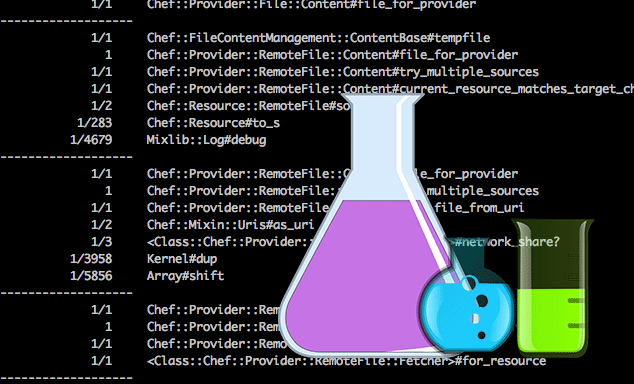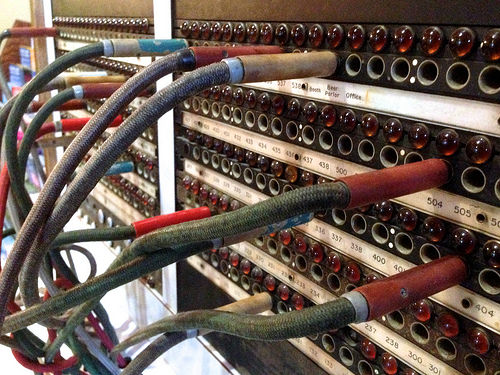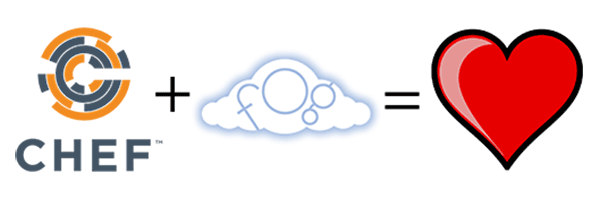I subscribe to the Chef blog in my RSS reader, The Old Reader, so that I can stay up to date with recent releases and changes happening in the community and in the various software projects that make up, “Chef.” Recently, I saw the release announcement for chef-client 12.6.0. I scrutinize these especially closely, as they’re an easy way to follow along with major upcoming changes that I might encounter.
One particular feature that stuck out in the release notes was a new option, [shell]–profile-ruby[/shell].


